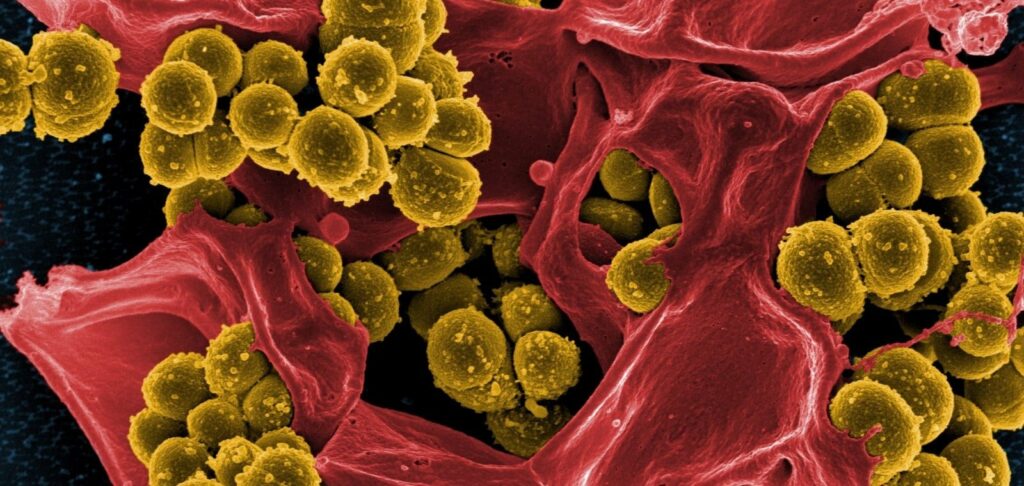

Heart disease is a leading cause of death worldwide, and having a family history of the condition can significantly increase your risk.
But what if there was a way to reduce this hereditary risk through simple dietary changes?
A groundbreaking study has shed light on the potential of omega-3 fatty acids, found in oily fish, to counteract the increased risk of heart disease associated with family history

Understanding the Role of Family History
Heart disease remains a leading cause of death globally, and having a family history of cardiovascular disease (CVD) puts individuals at an even higher risk.
The Potential of Dietary Interventions
But a new study suggests that consuming more omega-3 fatty acids found in oily fish like salmon, sardines, and mackerel may help counteract this increased genetic risk.
The study, published in the journal Circulation, analyzed data from 15 observational studies across 10 countries, involving nearly 41,000 adults without existing heart disease. The findings shed light on how diet may interact with genetic factors to influence heart health.

The Clinical Trial: Methodology and Findings
Participants and Data Collection
Researchers measured levels of different polyunsaturated fatty acids (PUFAs) in participants’ blood and tissues as markers of their dietary intake.
Analyzing PUFA Levels and Family History
PUFAs are essential fats that the body cannot produce on its own, so they must be obtained through diet.
The study focused on three main types:
Types of PUFA’s Studied
- Eicosapentaenoic acid (EPA) and docosahexaenoic acid (DHA), mainly found in oily fish
- Alpha-linolenic acid (ALA), found in plant sources like flaxseed, chia seeds, and walnuts
- Linoleic acid (LA), common in vegetable oils, nuts, and seeds
Participants were categorized as having low intake if their PUFA levels were in the bottom 25%.
Family history was defined as having at least one first-degree relative (parent or sibling) who had experienced a heart attack or stroke.
Significant Interactions Revealed
The study revealed a significant interaction between low EPA/DHA levels and family history. Specifically:
- Those with both low EPA/DHA and a family history had a 41% higher risk of developing heart disease compared to those with neither risk factor.
- Family history alone increased risk by 25%, while low EPA/DHA alone did not significantly raise risk.
- No significant interactions were found for ALA or LA with family history.
“This study suggests that individuals with a family history of cardiovascular disease may benefit even more from recommendations to consume food rich in EPA and DHA,” said lead author Dr. Federica Laguzzi.

Interpreting the Results: What It Means for You
The Interplay of Genes and Diet
The results indicate that the increased heart disease risk from family history may be amplified by a diet low in omega-3s from fish.
In other words, genetic predisposition and dietary habits may interact to shape cardiovascular health.
While you can’t change your genes, this research suggests you may be able to modify their effects to some degree through nutrition.
Current guidelines already emphasize consuming fish as part of a heart-healthy diet.
But this study implies those with a family history of heart disease may gain extra benefit from ensuring adequate omega-3 intake.
“Although a family history of CVD is a non-modifiable CVD risk factor, there appears to be potential to limit its adverse effects,” the authors wrote.
They noted that despite preventive efforts, heart disease remains a top killer, so identifying high-risk groups for targeted interventions is crucial.

Putting the Findings in Context
Previous research has shown beneficial associations between omega-3s from fish and heart health, though results from clinical trials have been mixed.
Less consistent findings have been reported for plant-based PUFAs like ALA and LA, though recent evidence seems to support a protective role for these as well.
Worldwide, intake of PUFAs is generally lower than commonly recommended levels of 5-11% of total energy intake.
The authors noted that no prior studies had examined PUFA biomarkers in combination with family history data to assess interactions.
The current study’s large, diverse sample and use of objective biomarkers strengthen the findings. However, the observational design means it cannot prove cause and effect.
Randomized controlled trials would be needed to confirm whether increasing fish intake can mitigate the excess heart risk linked to family history.

The Big Picture: Nutrition and Heart Health
Current Dietary Guidelines and Recommendations
In summary, this analysis of pooled data identified a significant interaction between low dietary omega-3s and family history on heart disease risk.
While more research is warranted, the findings underscore the importance of a healthy diet, especially for those with a genetic predisposition.
The Importance of Personalized Nutrition
If heart disease runs in your family, you may have extra incentive to include more oily fish in your diet. Don’t like fish? Take a quality Omega 3 supplement such as Zest Omega or Smart Omega.
Working with Healthcare Professionals
Consider speaking with your doctor or a registered dietitian about your individual risks and nutritional needs.
Even small changes, like eating fish twice a week, may make a difference in the long run when it comes to heart health.
As the study authors concluded:
“This novel finding might suggest a need to emphasize the benefit of consuming oily fish for individuals with a family history of CVD.”




